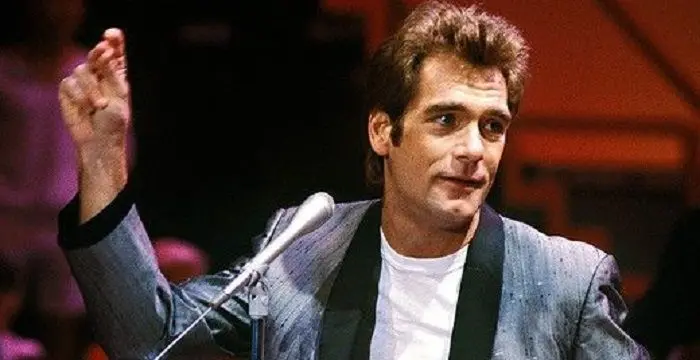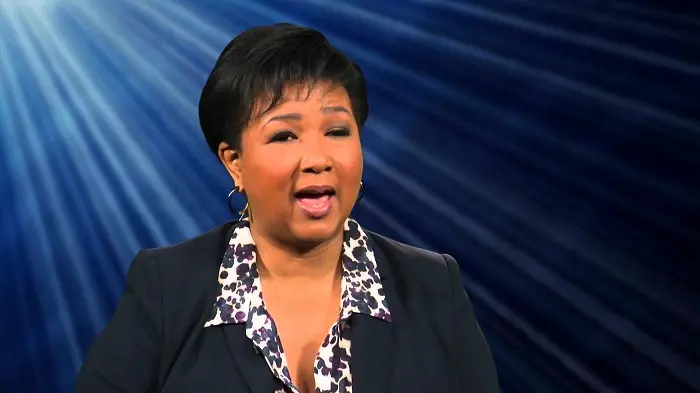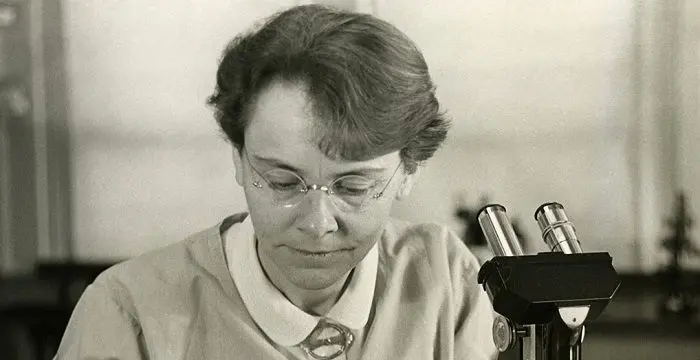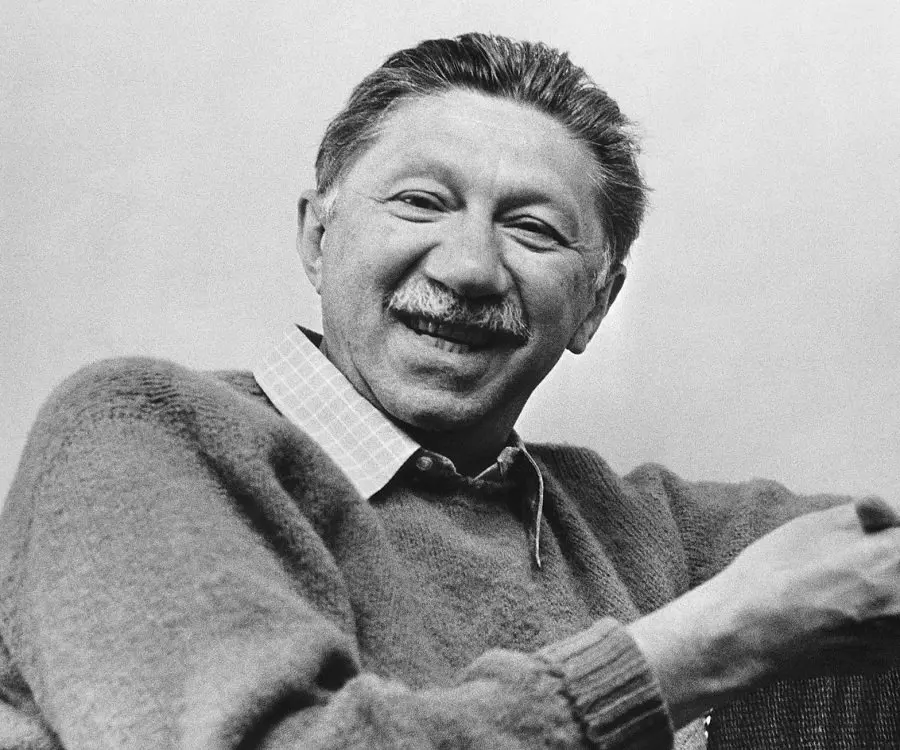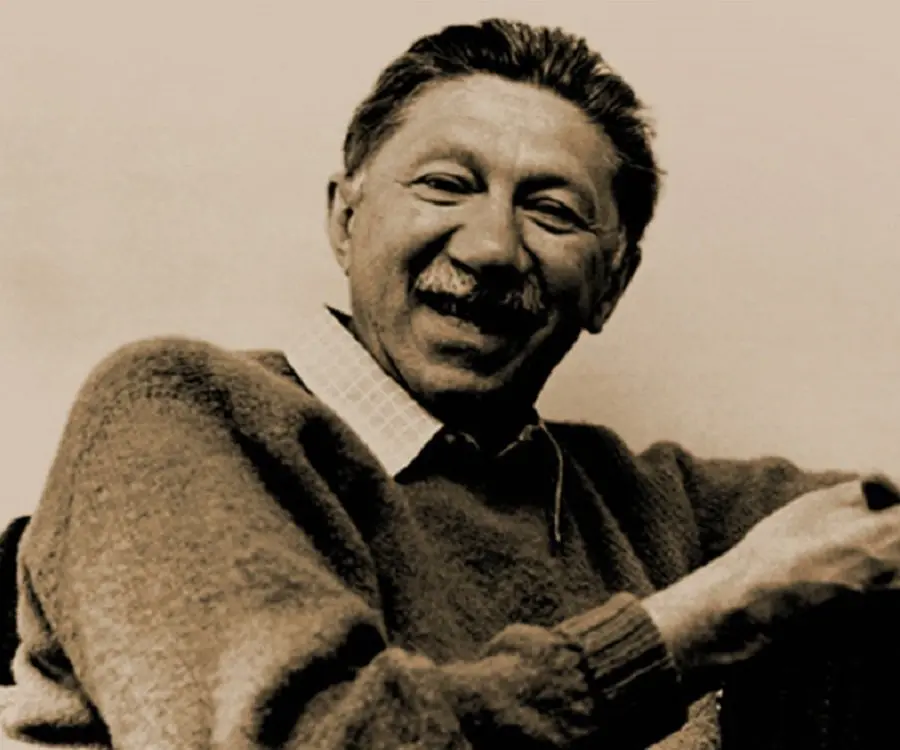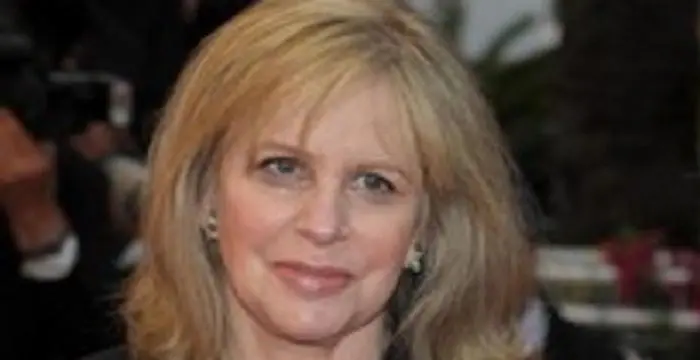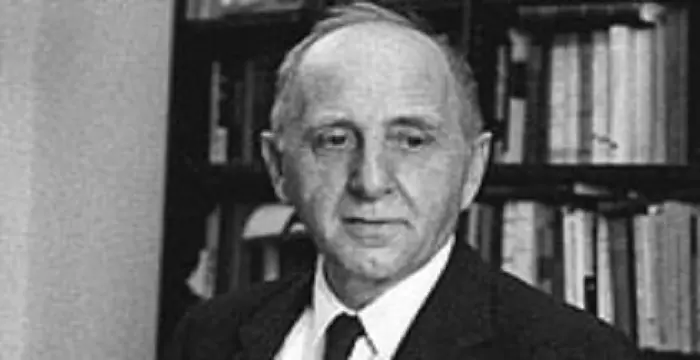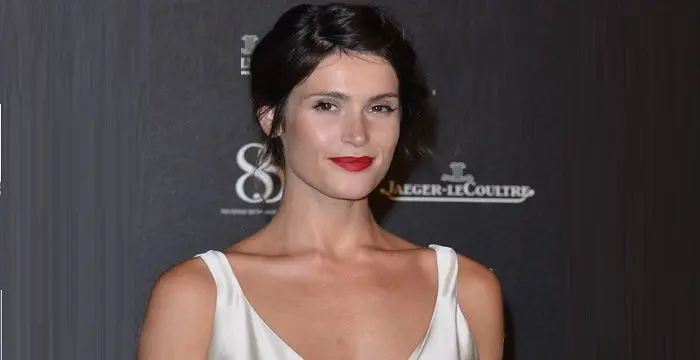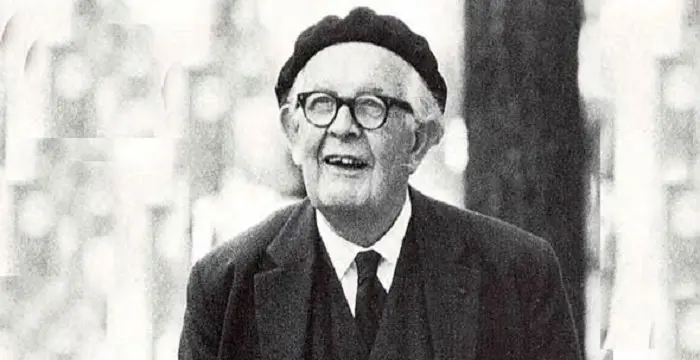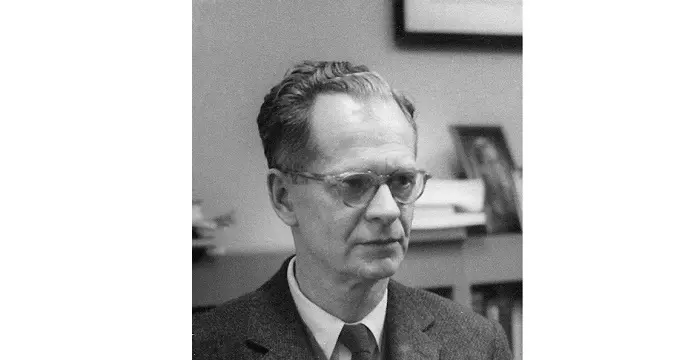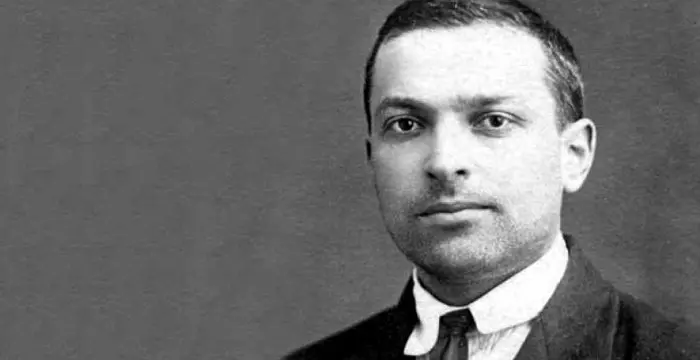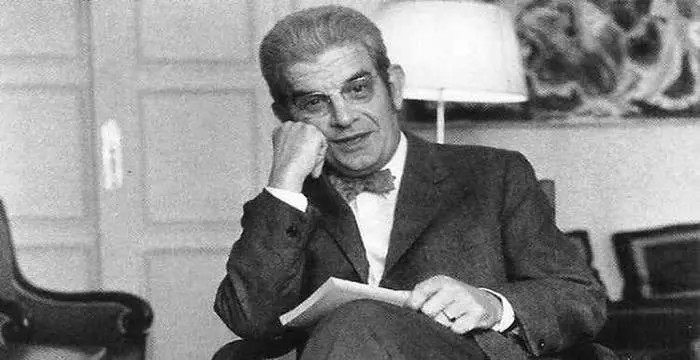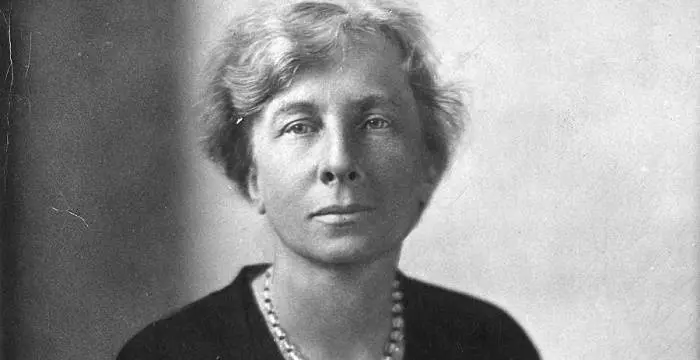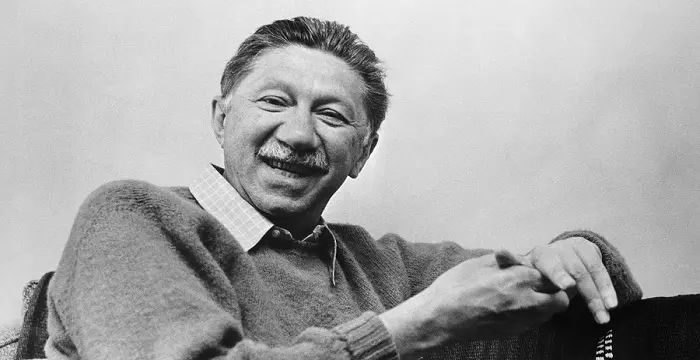
Abraham Maslow - Intellectuals & Academics, Life Achievements and Childhood
Abraham Maslow's Personal Details
Abraham Maslow was a humanistic psychologist best known for his theory of self-actualization
| Information | Detail |
|---|---|
| Birthday | April 1, 1908 |
| Died on | June 8, 1970 |
| Nationality | American |
| Famous | Columbia University, Cornell University, Intellectuals & Academics, Psychologists |
| Spouses | Bertha |
| Known as | Abraham Harold Maslow |
| Universities |
|
| Notable Alumnis |
|
| Founder / Co-Founder |
|
| Birth Place | Brooklyn |
| Religion | Jewish |
| Gender | Male |
| Sun Sign | Aries |
| Born in | Brooklyn |
| Died at Age | 62 |
// Famous Cornell University
Huey Lewis
Best known for his album ‘Sports’, Huey Lewis is the lead singer, musician and lyricist for the band ‘Huey Lewis and the News’. Check out this biography to get detailed information on his life.
Mae Jemison
Mae Carol Jemison is a famous American astronaut who became the first African American astronaut to travel to space. To know more about her childhood, career, profile and timeline read on
Barbara McClintock
Barbara McClintock was a renowned American scientist who was awarded the Nobel Prize for her pioneering research on genetic transposition. To know more about her childhood, profile, timeline and career read on
Abraham Maslow's photo
Who is Abraham Maslow?
Abraham Maslow was a renowned psychologist whose biggest contribution to the field of psychology is the Maslow’s Need Hierarchy theory. He believed that all human beings strive to achieve satisfaction in life through the fulfillment of certain needs. He had an intensely sad and unhappy childhood and had to face several hurdles while growing up. His difficult childhood experiences instilled in him a sensitivity which was often reflected in his works. In spite of having an indifferent father who always belittled him and an uncaring and cruel mother who never gave him any love, the youngster grew up to be a compassionate soul who focused on the positive traits in people no matter what. His first career choice was to become a lawyer, partly influenced by his wish to impress his father. However legal studies did not suit the young man and he soon shifted to study psychology. He found mentors in the noted psychologists Alfred Adler, Max Wertheimer, and the anthropologist Ruth Benedict who deeply influenced his thinking. Maslow developed a positivist mindset and became a driving force behind the school of humanistic psychology. His major theories which were of immense significance to humanistic psychology were the hierarchy of needs, self-actualization and peak experiences.
// Famous Columbia University
Helen Morris
Helen Morris is a former book editor, TV producer and the wife of Academy Award winning director Martin Scorsese. Check out this biography to know about her birthday, childhood, family life, achievements and fun facts about her.
Simon Kuznets
Simon Kuznets was a noted Russian-American economist, statistician, demographer, and economic historian. Check out this biography to know about his childhood, family life, achievements and other facts related to his life.
Anna Paquin
Anna Paquin is a Kiwi film, theatre and television actress known for her roles in movies like ‘The Piano’, ‘Fly Away Home’, and ‘X-Men. This biography provides detailed information about her childhood, life, achievements, works & timeline.
Childhood & Early Life
He was born as the eldest of the seven children of Samuel and Rose Maslow in New York. His parents were Jewish immigrants from Russia.
He was raised in a multiethnic neighbourhood. His family was poor and his parents were very uncaring and indifferent. His father verbally abused and degraded him to the extent that the boy felt very unworthy. His mother was a selfish and cruel woman who never gave the children any love or care.
As the only Jewish boy in his neighbourhood, he was also made the victim of rampant anti-Semitism and was bullied by other boys because of his religion.
The various difficulties of his life forced him to seek refuge in the library where he discovered his love for reading.
He attended the Boys High school where he was a member of several academic clubs. He also edited the Latin Magazine and the school’s Physics paper for a year.
He went to the City College of New York and also began taking legal classes in evening. He realized legal studies were not for him and dropped out soon.
He later went to the University of Wisconsin to study psychology. There his field of study was experimental-behaviorism. He developed a strong positivist mindset due to his experience with behaviorism. He received his master’s degree in psychology in 1931.
Career
He became a member of the faculty at Brooklyn College in 1937 and worked there till 1951.
When the U.S. entered the World War II in 1941, Maslow was too old to enlist and was ineligible for the military. However, the horrors of wars, inspired a vision of peace un him and influenced his psychological ideas and helped him develop the discipline of humanistic psychology.
He was deeply influenced by his two mentors, the psychologist Max Wertheimer and anthropologist Ruth Benedict whose behaviour formed the basis for his research about mental health and human potential.
He proposed a theory of needs hierarchy in his 1943 paper ‘A Theory of Human Motivation’ in ‘Psychological Review’. This theory was explained in detail in his 1954 book ‘Motivation and Personality’.
He was of the view that human beings have a set of needs that need to be fulfilled hierarchically in order to achieve self-actualization. According to him the needs could be classified as: Physiological, Safety, Belongingness and Love, Esteem, Self-Actualization and Self-Transcendence needs.
As a humanistic psychologist he believed that each individual has a strong desire to realize their full potential to reach a level of self-actualization. He propounded this theory by studying individuals like Albert Einstein, Henry David Thoreau, Ruth Benedict, etc. whom he believed had achieved self-actualization.
He was appointed a professor at Brandeis University in 1951. He taught there till 1969 before becoming a resident fellow at the Laughlin Institute in California.
Maslow and Tony Sutich founded the ‘Journal of Humanistic Psychology’ in 1961. The journal continues to publish academic papers till date.
Major Works
His biggest contribution to the field of psychology is his Maslow’s Needs Hierarchy Theory which he first proposed in 1943. The hierarchy is a very popular framework in research and education in various fields like sociology, management, psychology, psychiatry, etc.
Personal Life & Legacy
He married his first cousin Bertha in 1928 when he was just 20 years old. His marriage marked the beginning of a very happy family life for him. The couple had two daughters and shared a loving marriage that lasted till his death.
He had a history of heart problems and suffered a major heart attack in 1967. Three years later, in 1970 he had another heart attack and died.
The American Psychological Association presents the Abraham Maslow award to individuals for their outstanding and lasting contribution to the exploration of the farther reaches of human spirit.
Trivia
He was highly critical of the noted psychologist Sigmund Freud.
He was once mentored by the psychotherapist Alfred Adler.
// Famous Intellectuals & Academics
Bertil Gotthard Ohlin
Bertil Gotthard Ohlin was a famous Swedish economist. This biography profiles his childhood, family life & achievements.
Emily Greene Balch
Emily Greene Balch was an American economist, sociologist and pacifist who won the 1946 Nobel Peace Prize. This biography of Emily Greene Balch provides detailed information about her childhood, life, achievements, works & timeline.
Martin Buber
One of the greatest philosophers to have ever walked on earth, Martin Buber contributions to philosophy is a long-standing one. Explore all about his profile, childhood, life and timeline here.
Abraham Maslow biography timelines
- // 1st Apr 1908He was born as the eldest of the seven children of Samuel and Rose Maslow in New York. His parents were Jewish immigrants from Russia.
- // 1928He married his first cousin Bertha in 1928 when he was just 20 years old. His marriage marked the beginning of a very happy family life for him. The couple had two daughters and shared a loving marriage that lasted till his death.
- // 1937 To 1951He became a member of the faculty at Brooklyn College in 1937 and worked there till 1951.
- // 1941When the U.S. entered the World War II in 1941, Maslow was too old to enlist and was ineligible for the military. However, the horrors of wars, inspired a vision of peace un him and influenced his psychological ideas and helped him develop the discipline of humanistic psychology.
- // 1943He proposed a theory of needs hierarchy in his 1943 paper ‘A Theory of Human Motivation’ in ‘Psychological Review’. This theory was explained in detail in his 1954 book ‘Motivation and Personality’.
- // 1951 To 1969He was appointed a professor at Brandeis University in 1951. He taught there till 1969 before becoming a resident fellow at the Laughlin Institute in California.
- // 1961Maslow and Tony Sutich founded the ‘Journal of Humanistic Psychology’ in 1961. The journal continues to publish academic papers till date.
// Famous Psychologists
Felicitas Rombold
Felicitas Rombold is a German model, academic and the wife of actor Daniel Brühl. Check out this biography to know about her birthday, childhood, family life, achievements and fun facts about her.
Jean Piaget
Jean Piaget was a psychologist and philosopher known for his theory of cognitive development. This biography of Jean Piaget provides detailed information about his childhood, life, achievements, works & timeline.
B. F. Skinner
B.F. Skinner, the inventor of the operant conditioning chamber, was one of the most influential psychologists of the 20th century. This biography of B.F. Skinner provides detailed information about his childhood, life, achievements, works & timeline.
Lev Vygotsky
Lev Vygotsky was a Soviet developmental psychologist, known as the "Mozart of psychology." This biography of Lev Vygotsky provides detailed information about his childhood, life, achievements, works & timeline
Jacques Lacan
Jacques Lacan was a French psychoanalyst and a psychiatrist, considered to be the most controversial psycho-analyst since Freud. Check out this biography to know about his childhood, family life, achievements and fun facts about him.
Lillian Moller Gilbreth
Lillian Gilbreth was an American psychologist hailed to be the first true industrial/organizational psychologist. This biography of Lillian Gilbreth provides detailed information about her childhood, life, achievements, works & timeline.
Abraham Maslow's FAQ
What is Abraham Maslow birthday?
Abraham Maslow was born at 1908-04-01
When was Abraham Maslow died?
Abraham Maslow was died at 1970-06-08
Where was Abraham Maslow died?
Abraham Maslow was died in Menlo Park
Which age was Abraham Maslow died?
Abraham Maslow was died at age 62
Where is Abraham Maslow's birth place?
Abraham Maslow was born in Brooklyn
What is Abraham Maslow nationalities?
Abraham Maslow's nationalities is American
Who is Abraham Maslow spouses?
Abraham Maslow's spouses is Bertha
What was Abraham Maslow universities?
Abraham Maslow studied at Columbia University,Cornell University, City College of New York, Cornell University, University of Wisconsin-Madison, Columbia University
What was Abraham Maslow notable alumnis?
Abraham Maslow's notable alumnis is Columbia University, Cornell University
Which company or organization was founded by Abraham Maslow?
Abraham Maslow was the founder/co-founder of Journal of Humanistic Psychology
What is Abraham Maslow's religion?
Abraham Maslow's religion is Jewish
What is Abraham Maslow's sun sign?
Abraham Maslow is Aries
